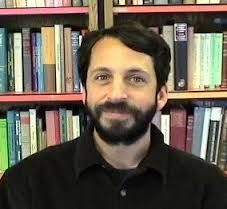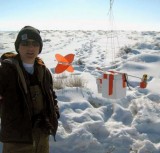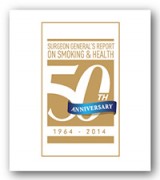 Quitting smoking (start time 4:39) 50 years ago, the U.S. Surgeon General began a campaign against cigarettes that has saved million of lives. Cohost Jim Pullen talks with Dr. Amy Lukowski about proven strategies to stop smoking and a special quitting campaign for women who are pregnant. Dr. Lukowski is the Clinical Director of the Health Initiatives Programs for National Jewish Health.
Quitting smoking (start time 4:39) 50 years ago, the U.S. Surgeon General began a campaign against cigarettes that has saved million of lives. Cohost Jim Pullen talks with Dr. Amy Lukowski about proven strategies to stop smoking and a special quitting campaign for women who are pregnant. Dr. Lukowski is the Clinical Director of the Health Initiatives Programs for National Jewish Health.
If you’d like to learn more about kicking the habit, visit the Colorado Quitline.

Smoke and children’s health (start time 13:36) It’s been known for some time that breathing in smoke from wildfires — or wood stoves, for that matter — is bad for your health.
Many studies have shown that when children are exposed to inhalable particulate matter early in life, their lungs don’t function properly. And the effect on the lungs from inhaling smoke persists as children grow older.
But what has not been well understood is precisely what is happening in a person’s body that causes the harmful effects — the biologic mechanism. Also, there is no data available on the long-term impact of exposure to air pollutants on the immune systems of human infants and school children.
A new study helps to narrow the gaps in our understanding of the effects of air pollutant exposure early in life. And in fact, the study was conducted on monkeys, not humans.
Cohost Susan Moran’s guest is Dr. Lisa Miller, who led the new study. She’s an associate professor in the School of Veterinary Medicine at the University of California at Davis. And she is Associate Director of Research at the California National Primate Research Center at the university.
Hosts: Jim Pullen, Susan Moran
Producer: Jim Pullen
Engineer: Jim Pullen
Executive Producer: Jim Pullen
Additional contributions: Beth Bartel, Ted Burnham, Kendra Krueger, Shelley Schlender
Listen to the show here:
Podcast: Play in new window | Download (Duration: 23:45 — 21.7MB)
Subscribe: RSS

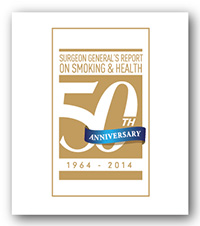


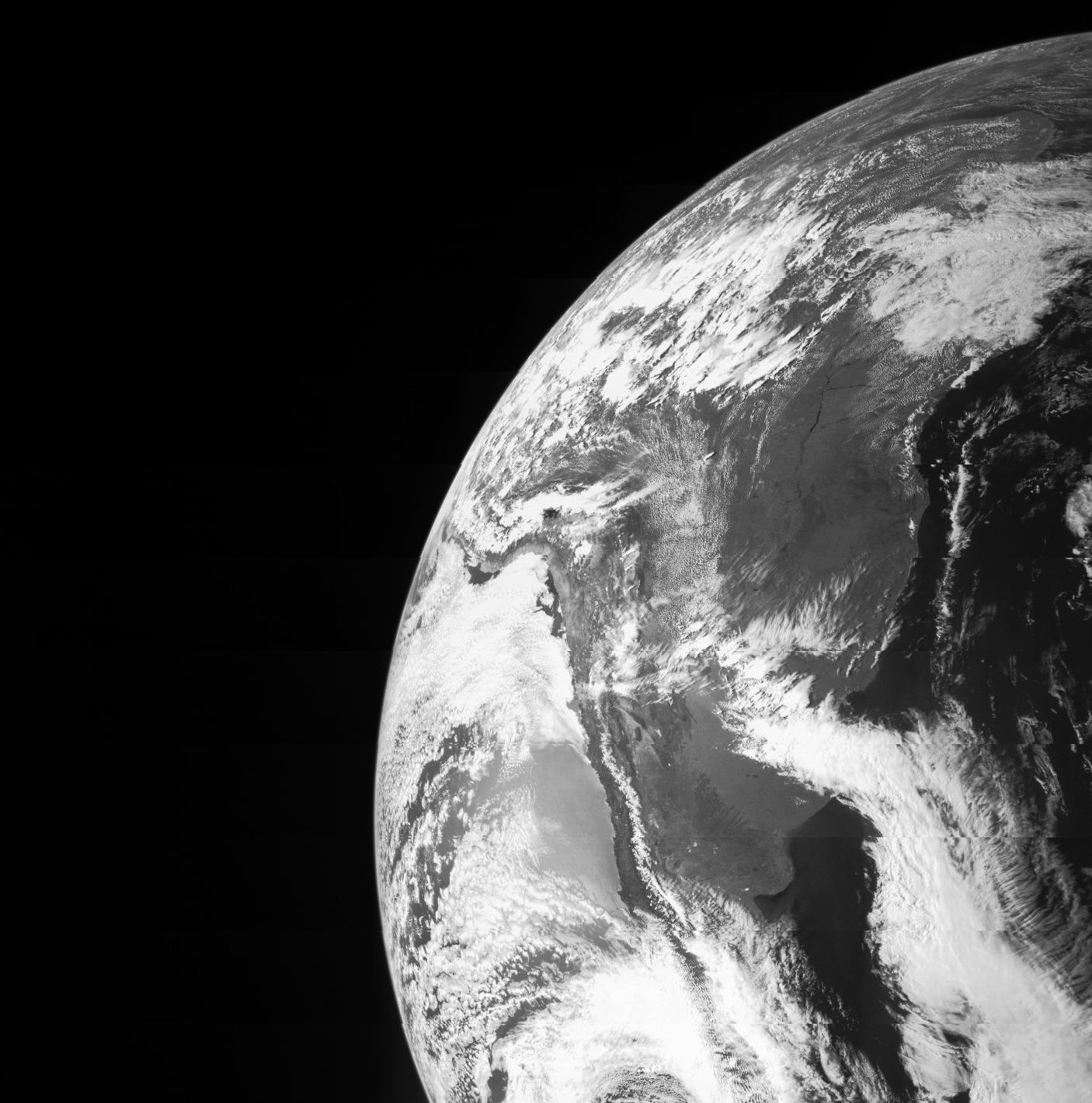
 For our first show in 2014 we offer two feature interviews:
For our first show in 2014 we offer two feature interviews: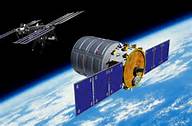 Feature #2: In expectation of the first official cargo flight of the
Feature #2: In expectation of the first official cargo flight of the 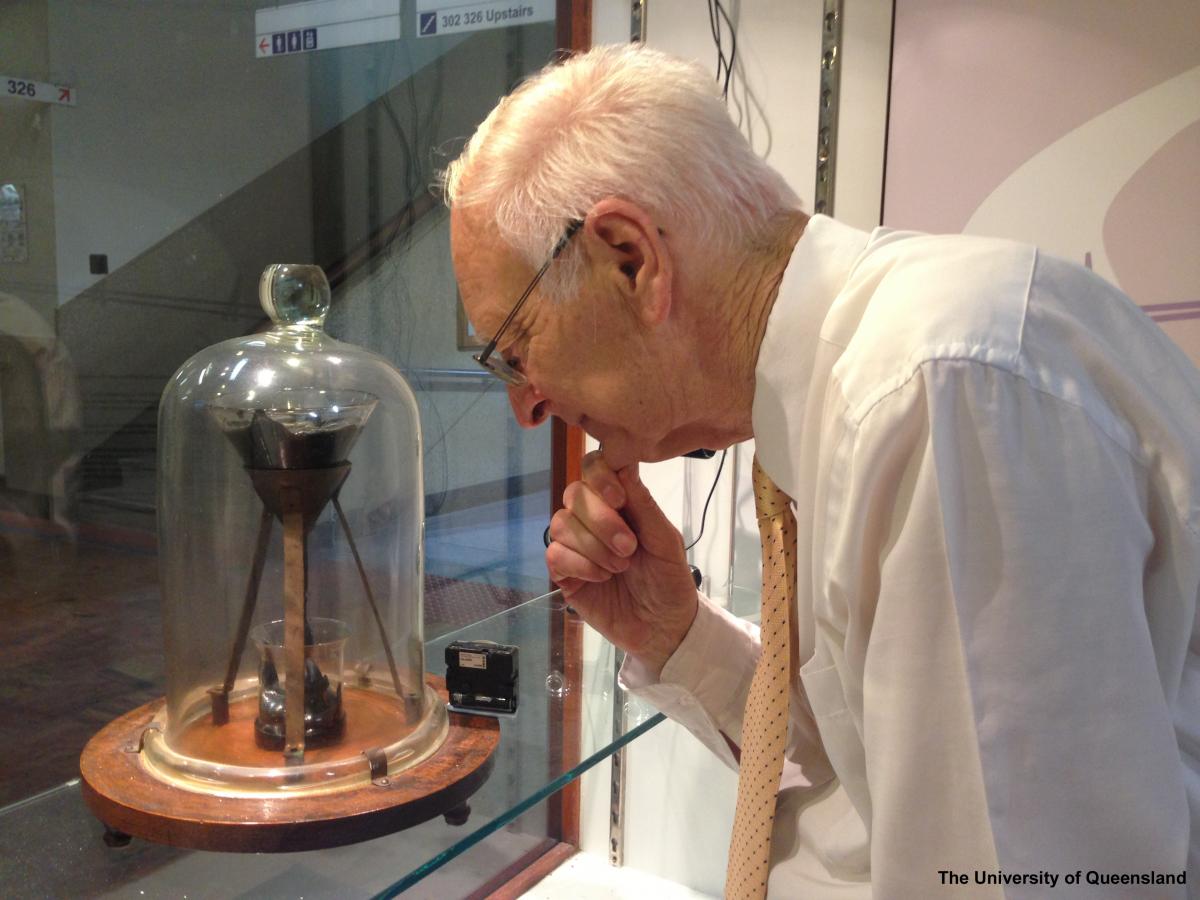
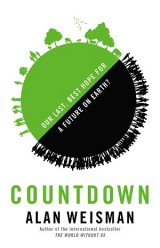 Biology and Health (start time 00:56). This year marked the passing of long-time Boulder resident, Al Bartlett. Bartlett was one of the world’s most eloquent voices calling for population control. He will be missed. One of the champions picking up the torch is New York Times bestselling author, Alan Weisman. Weisman offers exciting solutions to population growth in Countdown: Our Last, Best Hope for a Future on Earth.
Biology and Health (start time 00:56). This year marked the passing of long-time Boulder resident, Al Bartlett. Bartlett was one of the world’s most eloquent voices calling for population control. He will be missed. One of the champions picking up the torch is New York Times bestselling author, Alan Weisman. Weisman offers exciting solutions to population growth in Countdown: Our Last, Best Hope for a Future on Earth.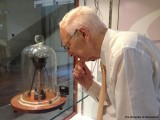
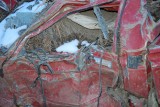

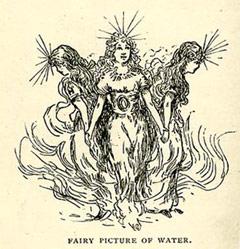
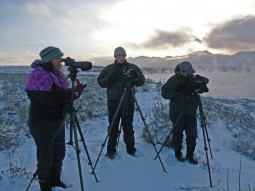 Christmas Bird Count (start time: 12:51) It’s the time of year when humans are flying hither and yon to gather with family for Christmas. Others are heading somewhere south for vacation to escape the winter chill. Many birds are on the move as well, heading south to overwinter. Others are sticking around. These human and avian patterns are converging with the annual Audubon Society’s
Christmas Bird Count (start time: 12:51) It’s the time of year when humans are flying hither and yon to gather with family for Christmas. Others are heading somewhere south for vacation to escape the winter chill. Many birds are on the move as well, heading south to overwinter. Others are sticking around. These human and avian patterns are converging with the annual Audubon Society’s 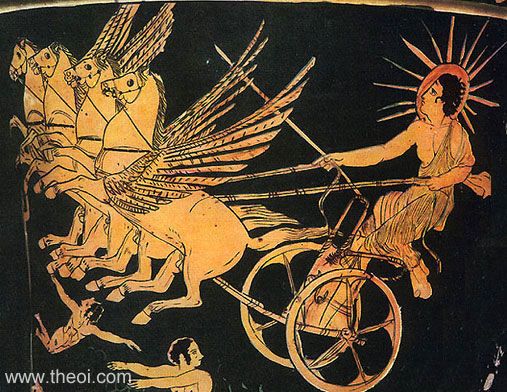
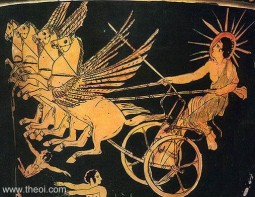
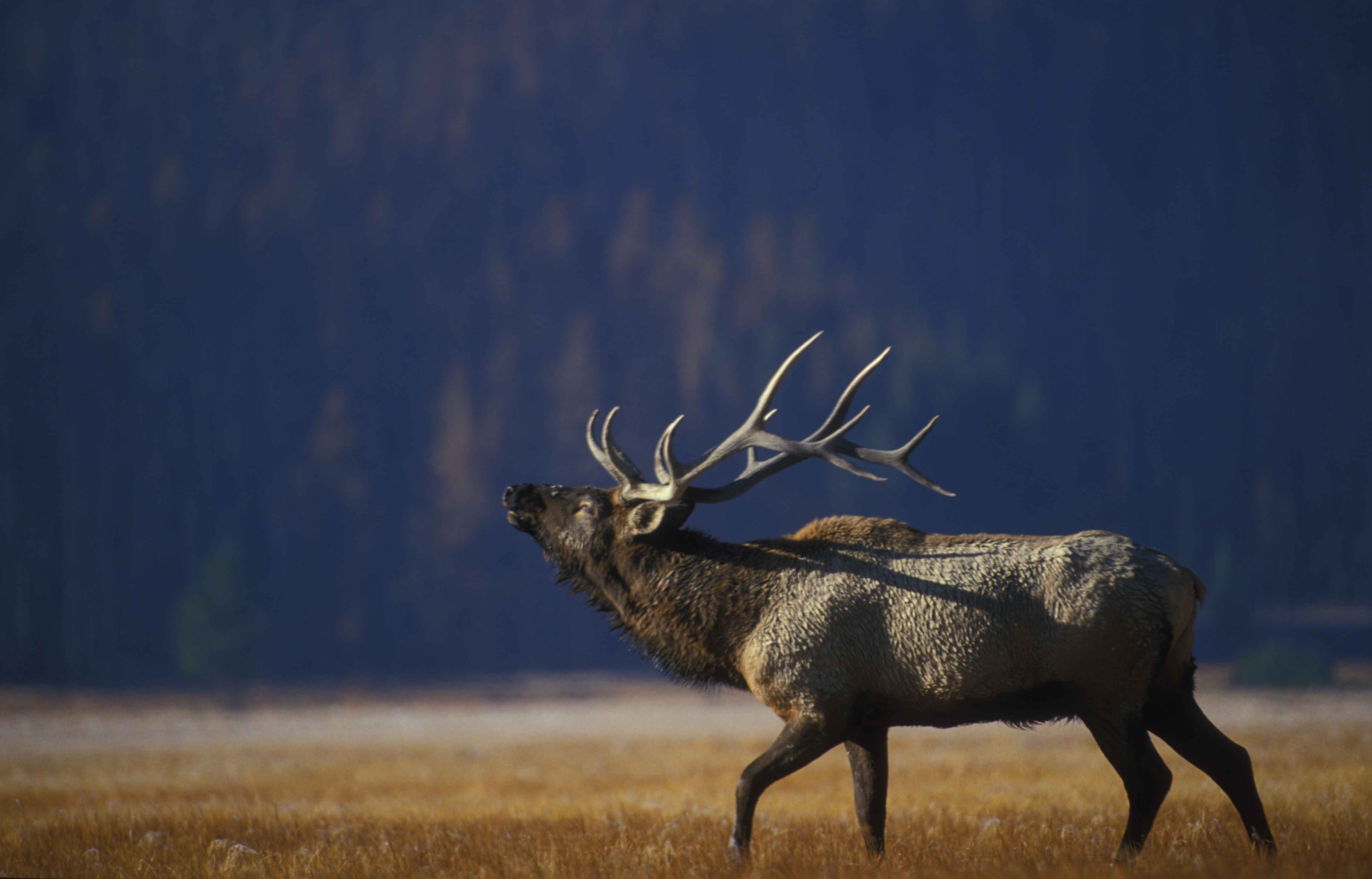
 Big Game and Climate Change (start time 5:00) Last week, the National Resource Council released some serious warnings about
Big Game and Climate Change (start time 5:00) Last week, the National Resource Council released some serious warnings about  Hour of Code (start time 12:30) Coding is not just a magic trick where ones and zeros make
Hour of Code (start time 12:30) Coding is not just a magic trick where ones and zeros make 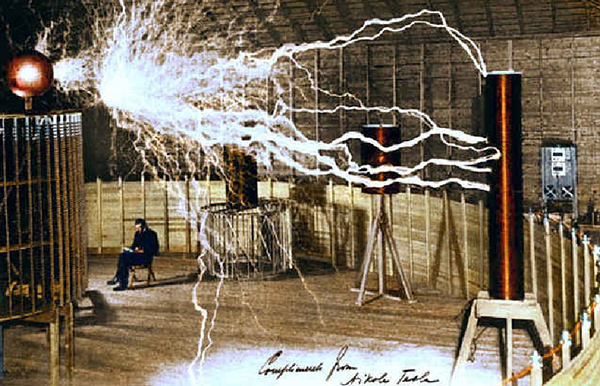
 Feature 1 – Tesla (start time 5:30) Nicola Tesla is one of the iconic figures of the early electrical age. He invented AC motor technology still used today in your DVD player and also polyphase AC power. He was a brilliant demonstrator, whose images of flowers of lightning growing from his inventions and portraits of his friend Mark Twain, illuminated by Tesla’s fluorescent bulbs, are still familiar today. He worked with and fought with the mighty JP Morgan and wireless radio great Marconi. He is a figure of mystery, who many believe presaged death rays and infinite and free energy for everyone on earth. Biographer
Feature 1 – Tesla (start time 5:30) Nicola Tesla is one of the iconic figures of the early electrical age. He invented AC motor technology still used today in your DVD player and also polyphase AC power. He was a brilliant demonstrator, whose images of flowers of lightning growing from his inventions and portraits of his friend Mark Twain, illuminated by Tesla’s fluorescent bulbs, are still familiar today. He worked with and fought with the mighty JP Morgan and wireless radio great Marconi. He is a figure of mystery, who many believe presaged death rays and infinite and free energy for everyone on earth. Biographer  Feature 2 – Octopus! (start time 14:35) If you doubt that the Octopus may be the most mysterious creature in the sea – consider this – an octopus has three hearts, eight arms, camouflaging skin, and some of them can figure out ways to do things that many humans can’t – such as getting the lid off of a child-proof bottle. Longmont resident
Feature 2 – Octopus! (start time 14:35) If you doubt that the Octopus may be the most mysterious creature in the sea – consider this – an octopus has three hearts, eight arms, camouflaging skin, and some of them can figure out ways to do things that many humans can’t – such as getting the lid off of a child-proof bottle. Longmont resident 
 Feature #1: (start time 5:53) STEM, as you may well know, stands for
Feature #1: (start time 5:53) STEM, as you may well know, stands for 
